Featured
Plastic In The Sea
An area of plastic accumulation in the north Pacific estimated that it. In your home your office your school and your ocean.
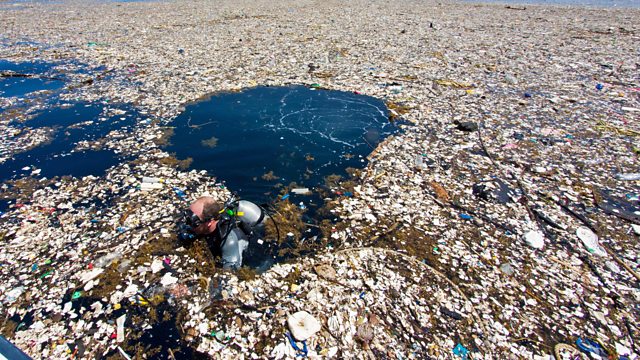 Ocean Plastic Predicted To Triple Within A Decade Egypt Independent
Ocean Plastic Predicted To Triple Within A Decade Egypt Independent
Plastic microbeads are estimated to be one million times more toxic than the seawater around it.
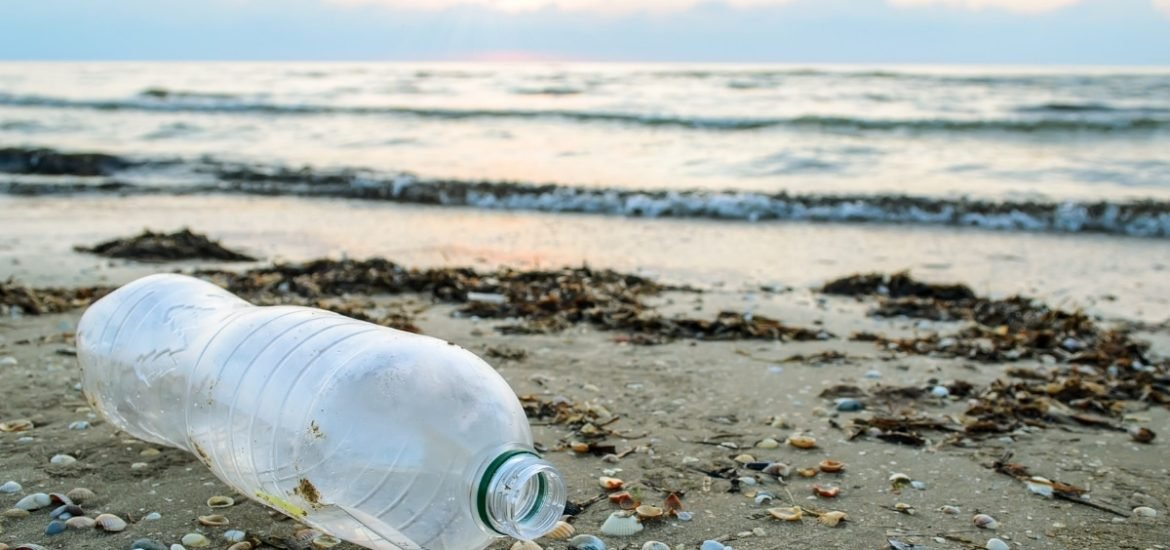
Plastic in the sea. Plastics are the most-collected waste by the NGO Ocean Conservancy in their annual clean-up visits to beaches and coastal areas. The plastic particles not only contain toxins but also act as a sort of pollutant magnet. 83 billion plastic straws pollute the worlds beaches but only 1 of straws end up as waste in the ocean.
About 300 sea turtles were found dead as a result of entanglement in ghost gear off the coast of Oaxaca Mexico. Plastic in the oceans not only harms the inhabitants of the sea on an individual level through entanglement or ingestion but also represents a major threat to entire ecosystems. Earlier this year a pilot whale that died off the coast of southern Thailand was found to have swallowed 80 plastic bags.
Plastic in the Sea and What We Can Do To Help Experts estimate some 150 million tonnes of plastic waste are already floating around in the sea today from rubbish bags and fishing nets to tiny microparticles that can barely be seen with the naked eye. Among the top 10 kinds of trash picked up during the 2017 International Coastal Cleanup were food wrappers beverage bottles grocery bags straws and take out containers all made of plastic. Rivers maritime transport and rubbish left on our beaches are mainly responsible for plastics ending up in the sea.
Species are now traveling on plastic over far wider distances than they could have ever while there were only natural materials in the ocean. Once there the debris can kill marine life. 115 to 241 million metric tonnes of plastic are entering the ocean each year.
These tiny pieces of plastic are less than 5mm in size. Here are a few ways in which our litter affects marine wildlife -. Lets dive in and take a closer look Plastic in the Ocean the facts and figures.
Our History Since 2009 Plastic Oceans UK have been experts in ocean plastic pollution. More than half of this plastic is less dense than the water meaning that it will not sink once it encounters the sea. The following 10 facts shed light on how plastic is proving dangerous to our planet health and wildlife.
Since plastic items are usually small and light its easy for them to be blown into rivers. Plastic pollution Unfortunately the sea does get treated like a dustbin by many people and even companies. By 2020 the number of plastics in the sea will be higher than the number of fish.
Every minute about a dump-truck load of plastic goes into the oceans sullying. Microplastics are particularly dangerous. Even if you live hundreds of miles from the coast the plastic you throw away could make its way into the sea.
And when we do our washing fibres from synthetic clothing can eventually reach the sea. Its estimated that around 80 of plastic waste in the ocean originated as waste on the land rather than being dumped directly into the sea or lost from ships. Much of our unwanted plastic ends up in the ocean around 8 million tonnes of it every year in fact.
Every year around eight million metric tons of plastic end up in the ocean and its thought that by 2050 there will be more plastic in the ocean than fish by weight. They are now able to settle down in another ecosystem and threaten its. Litter left on beaches or thrown out at sea all contribute to many plastic pollution problems.
Plastic pollution isnt just an eyesore. Based on environmental consultants it additionally impacts marine species quickens local weather alternate and adversely affects human health specially in low-salary communities close plastic production sites which face improved exposure to toxins and waste and bear the brunt of the impacts of unsuitable plastic disposal and incineration. Larger pieces of plastic present a number of health risks for sea life as plants and animals can become entangled in them.
The problem of plastic in nature particularly in our oceans is a global crisis. It is estimated that 115 to 241 million tonnes of plastic are entering the ocean each year from rivers. Most plastic in the ocean got there by first entering rivers and then being carried into the sea.
1 in 3 fish caught for human consumption contains plastic. Plastics in the Ocean The billions upon billions of items of plastic waste choking our oceans lakes and rivers and piling up on land is more than unsightly and harmful to plants and wildlife. They are often found as microbeads in toothpastes and cosmetics.
Our award-winning documentary A Plastic Ocean was named by Sir David Attenborough as one of the most important films of our time and ignited mass public awareness about the. Once in the ocean plastic decomposes very slowly breaking down in to tiny pieces known as micro plastics that can be incredibly damaging to sea life. Plastic is also accidentally eaten by many species including sea turtles which may mistake plastic bags for jelly fish.
And because plastic takes 400 years to break down it stays there for a long long time putting our friends beneath the waves in serious danger. However in recent years researchers have also turned their attention. There are lots of different ways that.
80 of plastic in our oceans is from land sources but what does that really mean.
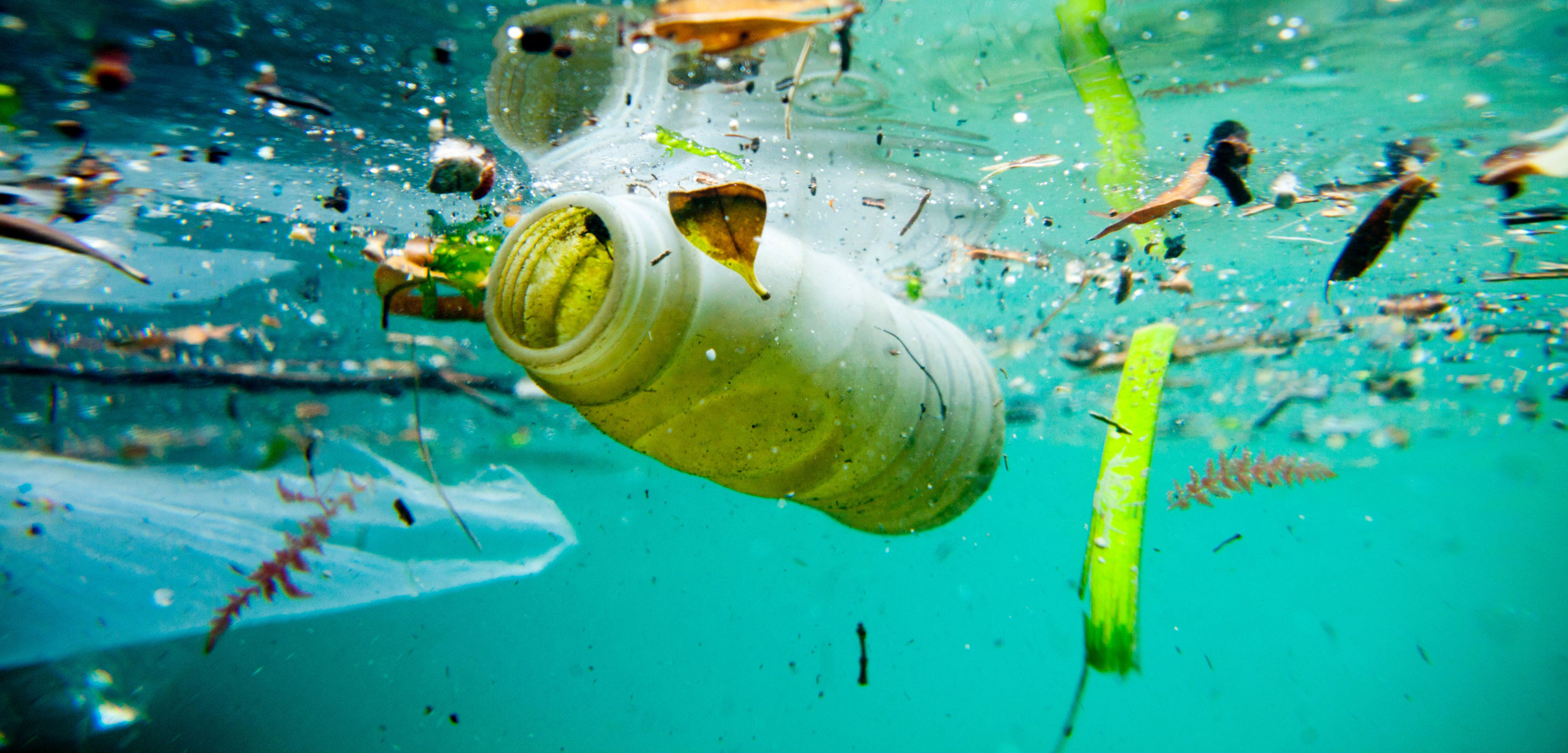 How Enough Floating Plastic Could Change The Sea Hakai Magazine
How Enough Floating Plastic Could Change The Sea Hakai Magazine
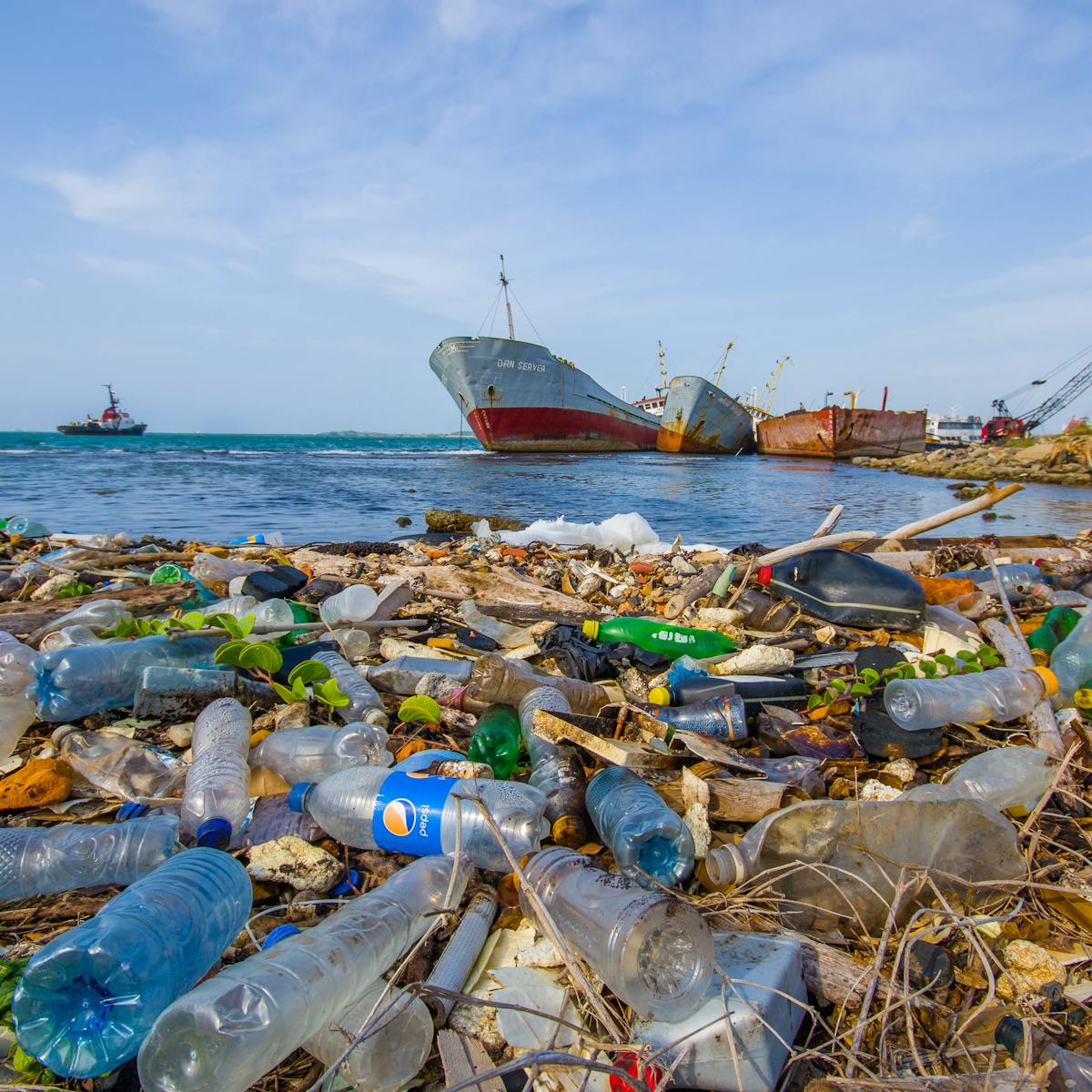 The Ocean Is Swimming In Plastic And It S Getting Worse We Need Connected Global Policies Now
The Ocean Is Swimming In Plastic And It S Getting Worse We Need Connected Global Policies Now
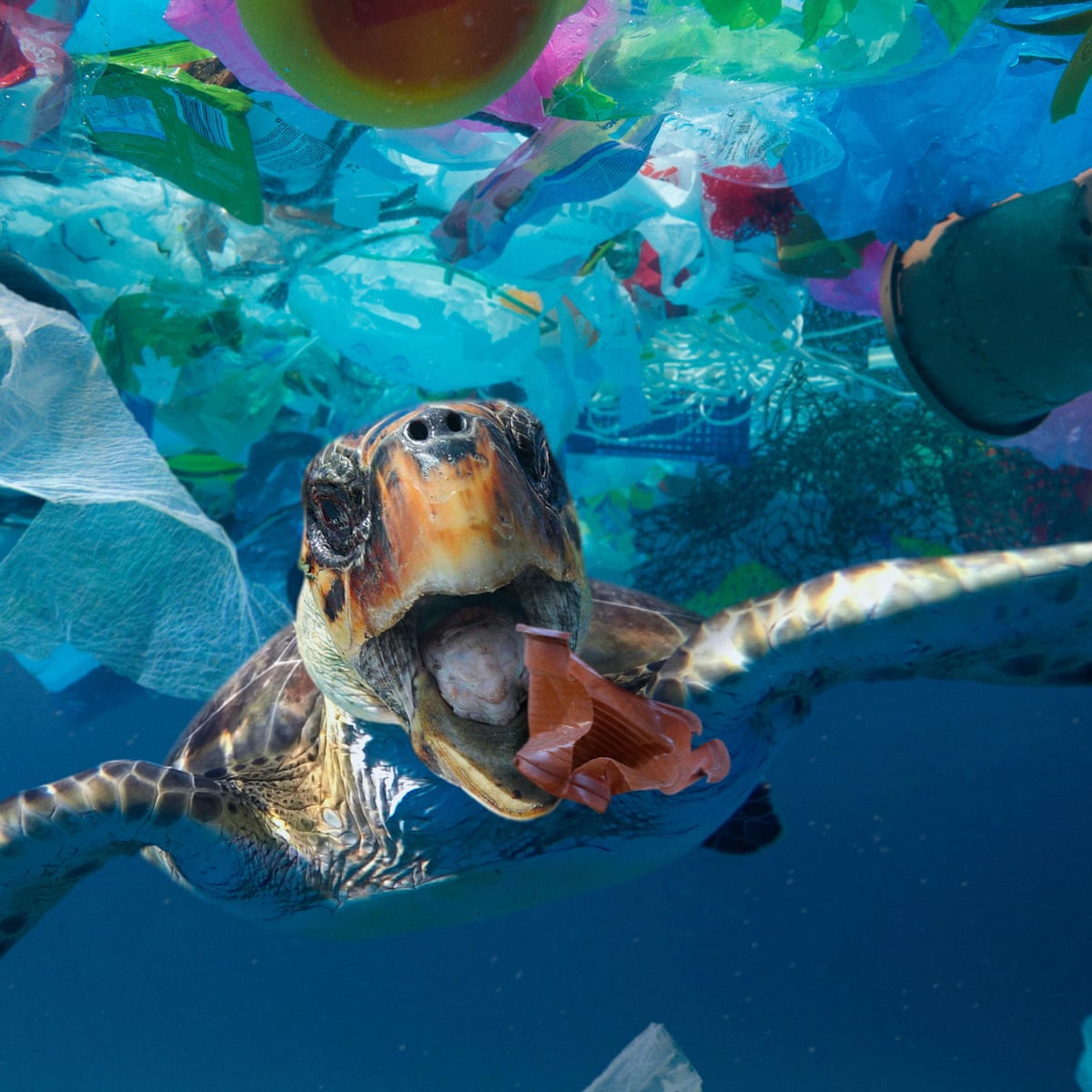 More Than 14m Tonnes Of Plastic Believed To Be At The Bottom Of The Ocean Environment The Guardian
More Than 14m Tonnes Of Plastic Believed To Be At The Bottom Of The Ocean Environment The Guardian
 The Increase In Ocean Plastic Pollution Documented Over Six Decades
The Increase In Ocean Plastic Pollution Documented Over Six Decades
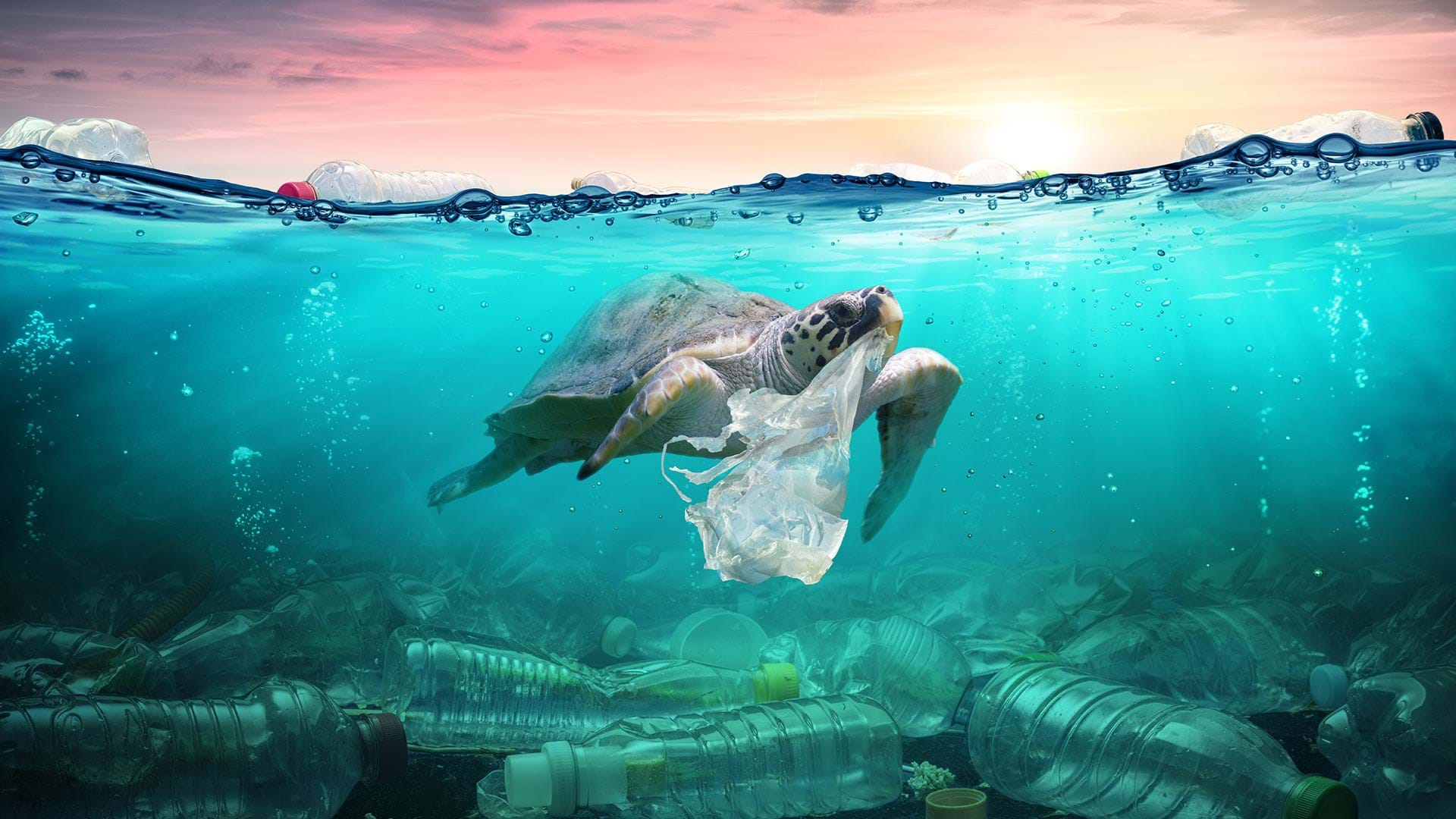 100 Plastic In The Ocean Statistics Facts 2020 2021
100 Plastic In The Ocean Statistics Facts 2020 2021
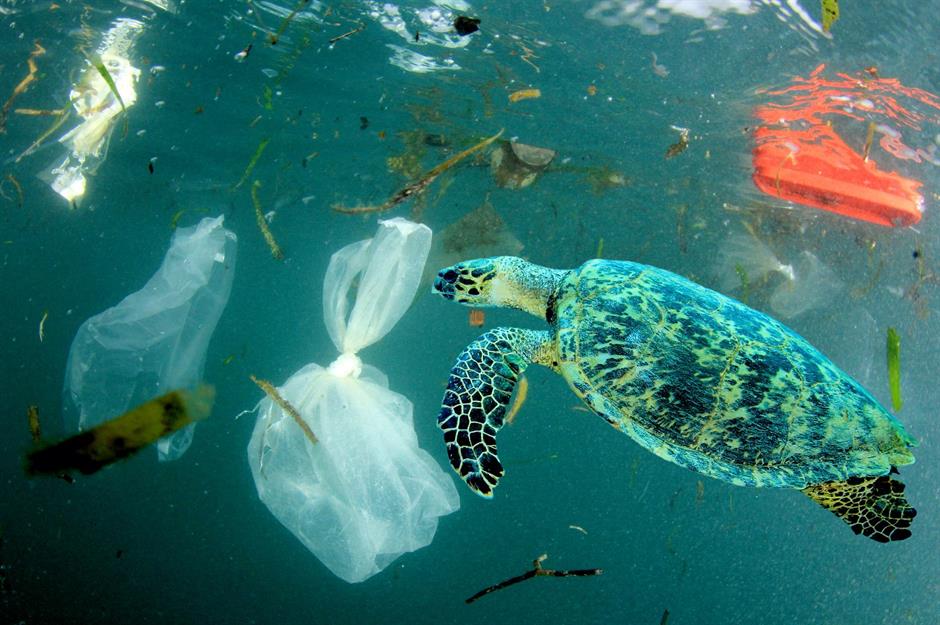 These Images Show The True Impact Of Plastics On Our Oceans Loveexploring Com
These Images Show The True Impact Of Plastics On Our Oceans Loveexploring Com
 To Solve The Ocean Plastics Problem The World Needs A Plan The Pew Charitable Trusts
To Solve The Ocean Plastics Problem The World Needs A Plan The Pew Charitable Trusts
 The Global Plastic Crisis In Numbers 10 Shocking Facts You Need To Know
The Global Plastic Crisis In Numbers 10 Shocking Facts You Need To Know
 Https Www Eureporter Co Wp Content Uploads 2021 03 Plastics In The Ocean Jpg
Https Www Eureporter Co Wp Content Uploads 2021 03 Plastics In The Ocean Jpg
 Coca Cola Walmart Sign Pledge To Cut Plastic Pollution In Oceans Euractiv Com
Coca Cola Walmart Sign Pledge To Cut Plastic Pollution In Oceans Euractiv Com
 What About Plastics In The Oceans 21 By Shippr Medium
What About Plastics In The Oceans 21 By Shippr Medium
 Keeping Track Of Ocean Plastic Erc European Research Council
Keeping Track Of Ocean Plastic Erc European Research Council
Popular Posts
I Think I Need To Go To A Mental Hospital
- Get link
- X
- Other Apps
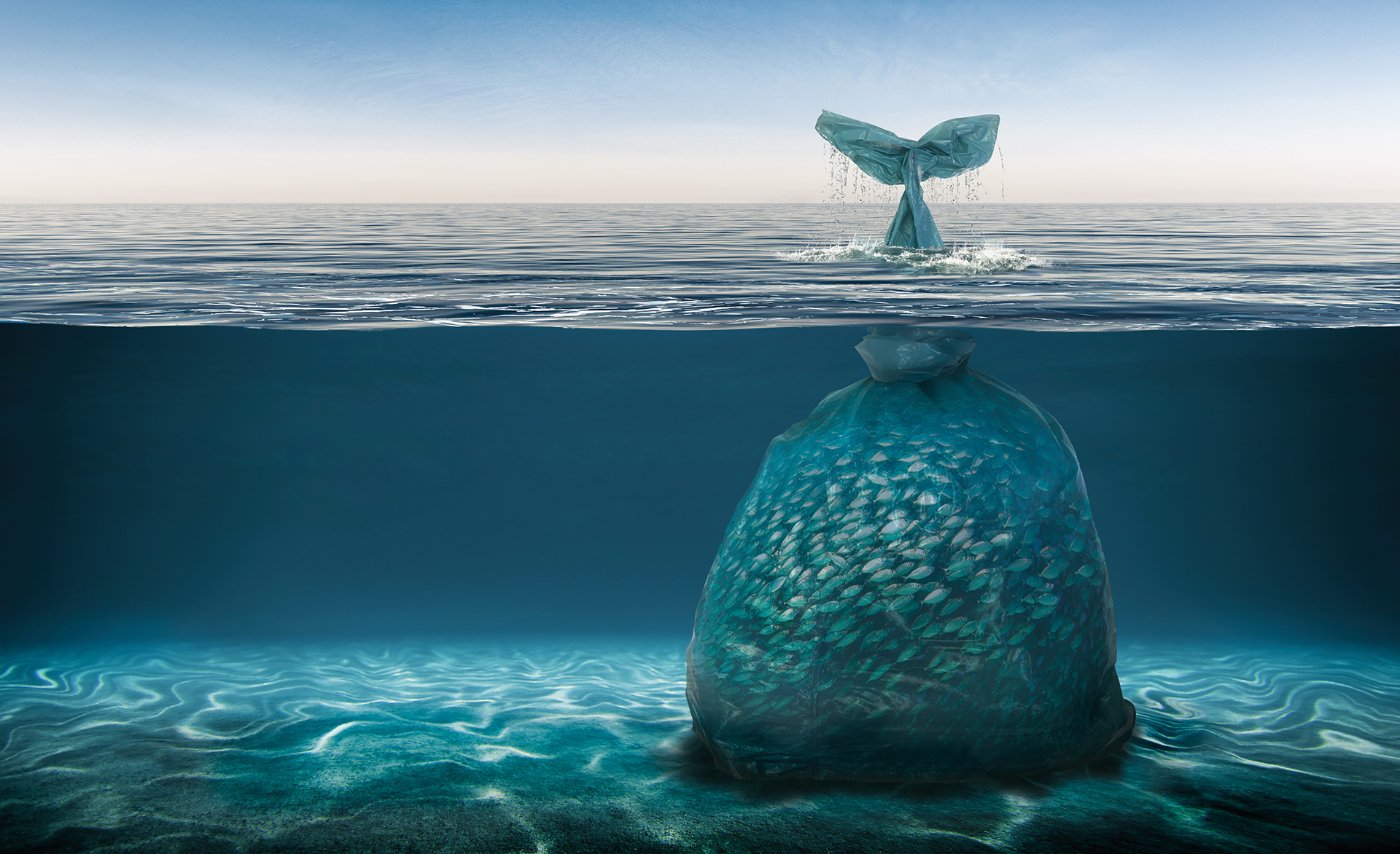
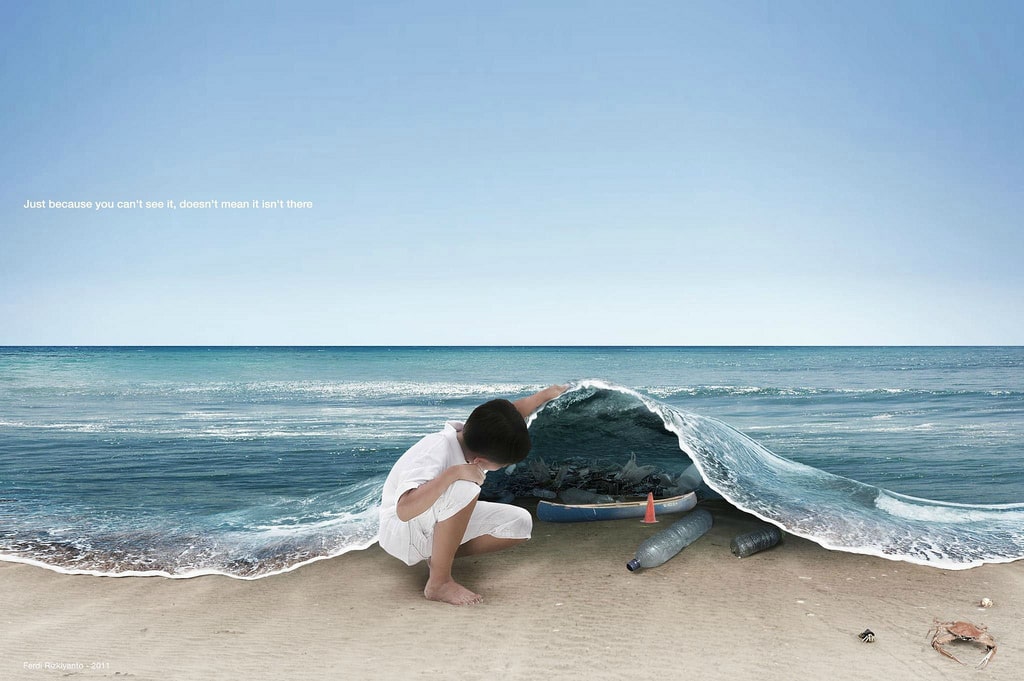
Comments
Post a Comment